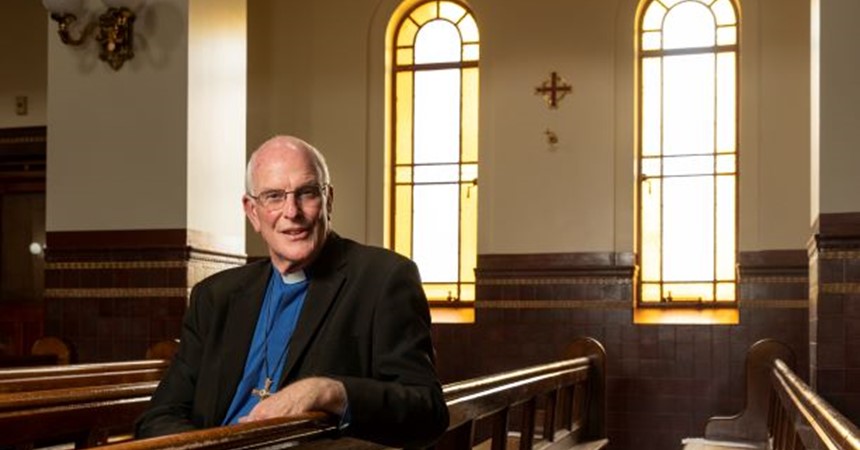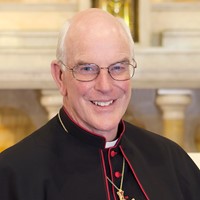Catholic bookshops, multiple literary and debating societies, the Catholic Lawn Tennis Association, the Catholic Historical Society, Catholic Boy Scouts and Girl Guides, Newman Societies for uni students and a host of other sporting and cultural bodies provided outlets for the energies and interests of the Catholic community. Whether this was a good thing or not, these organisations at least broadened the horizons and fed the curiosity of young working-class Catholics who might otherwise not have had an easy entree into such activities.
The Catholic Bushwalking Club, founded in 1943, survives to this day in a moderately flourishing condition. I confess I have never been a member, but its influence on me has been considerable because some of the young priests who took me and my friends into the bush when we were teenagers had gained their bush knowledge in the CBC or in company with members. My friends and I then spent much of our youth and young adulthood deep in the bush of the mountains of NSW and Tasmania. In my case, that ran on into taking young people from my parishes into the bush for about the next 30 years. It gave us all something of value.
I mention all this in the context of Pope Francis’s great letter on environmental concerns, Laudato si’, in which he proposes the need for a cultural and spiritual shift in the way we relate to the natural world, “Our Common Home”. Whereas much writing about climate change and care for the Earth centres on fear of future catastrophe, the Pope really is trying to move us to a new culture of love of the natural world in its own right. It is, after all, God’s creation and God’s gift, and we are part of it. He invokes St Francis of Assisi’s great hymn of praise for all Creation. The sun and the moon, the fields and streams, life itself, and even death, are brothers and sisters to us in Francis’s great canticle. That is the connectedness that Pope Francis would have us feel for the Earth and its creatures, including of course our fellow human beings. He sees insensitive exploitation of the Earth’s resources as a kind of sacrilege, a failure to respect God’s gifts and our fellow creatures. The symptoms of this sacrilege are evident in the sheer waste that contemporary use of resources involves, in the destruction of whole ecosystems, and in the vastly unequal distribution of resources between rich and poor communities. To “care for our common home” means, in the first place, to co-operate together as a human family, to see how the violence we do to the planet is also violence visited on the poor.
There are many perspectives on Catholic environmentalism in this edition of Aurora. So, I have felt a certain permission to come at the matter from my personal point of view. That was what all that stuff about bushwalking was. The Pope says, rightly, that we need to learn to love the natural world, and in my experience there’s nothing quite like walking through it, sitting amidst it, sleeping on it, listening to its sounds, learning its moods, feeling its power and scale, gazing at its stars, and so on, to create that love, that sense of “home”, that connection. That’s my story, anyway.
As so often, there’s a Leunig cartoon that gently brings home the message. I have it on my mantelpiece. It shows us a man sitting in a room. Through the window, we see a beautiful sunset. But the man is slumped in his chair, watching the same beautiful sunset on his television. I think all of us who are parents or teachers or have any role with our children and young people, should do our level best to see that they don’t grow up to be that man. We love, very often, what we have learned to know and love. We care for what we love. And, of course, God’s glory is seen in God’s works.























































































